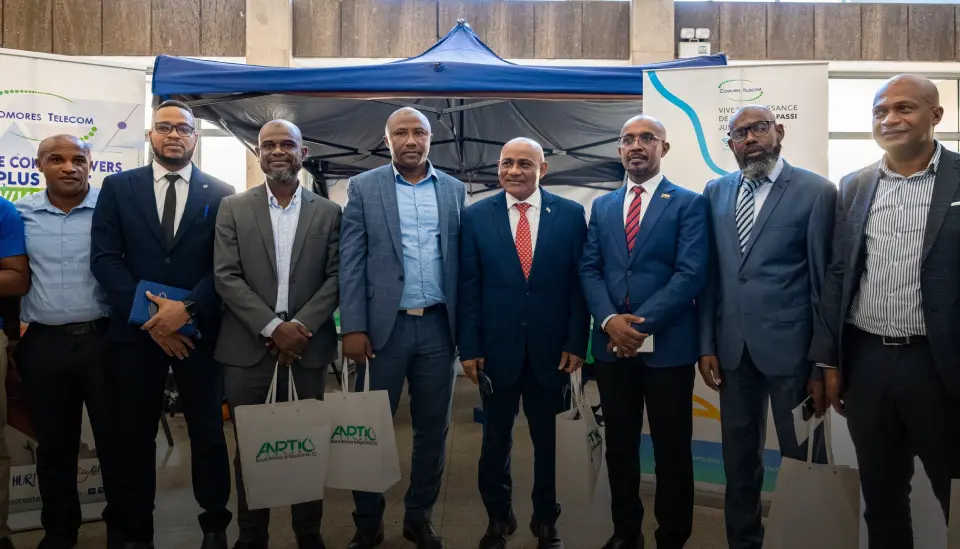Digital currency is coming to Mauritius: A financial revolution in sight
Digital currencies are booming worldwide. According to the Atlantic Council, central banks in 130 countries, including Mauritius, Morocco, and Algeria in Africa, are actively exploring the possibility of launching their digital currency.
According to a recent American think tank Atlantic Council report, the number of countries interested in switching to digital currency has dramatically increased, going from 35 to 130 in just two years. This represents 98% of the global economy. Central banks in 11 countries have already launched digital versions of their national currencies.
In this wave of digital currency development, the Republic of Mauritius is positioning itself as one of the next countries to introduce its digital rupee. The Bank of Mauritius has been working on this project since 2020 and is technically supported by the International Monetary Fund (IMF). As part of this initiative, a consultation paper was published to gather public opinions on the « digital rupee ». The Bank of Mauritius plans to roll out its digital currency in a pilot phase by November 2023. The public consultation paper, published on June 2, invites individuals, businesses, banks, and other stakeholders to share their thoughts and views on this new initiative before June 16.
Among African central banks actively working on their digital currencies, the Bank of Mauritius is the only one to have received technical assistance from the IMF. It also claims to have sought advice from other central banks and international organizations to ensure the safety and practicality of its digital rupee.
According to Harvesh Kumar Seegolam, Governor of the Bank of Mauritius, nearly 114 countries are currently studying the implementation of their central bank digital currency. Among them, 60 countries are already in the pilot phase, have advanced development, or have even launched their digital currency.
To make its digital currency attractive, the Bank of Mauritius announced that its rupee would not generate interest and would be distributed at two levels to limit potential risks to monetary policy and financial stability.
The advent of digital currency in Mauritius opens up new perspectives for the country. This innovation will facilitate financial transactions, increase financial inclusion, and strengthen the stability of the monetary system. With the involvement of the IMF and the ongoing public consultation, the Bank of Mauritius strives to ensure a smooth and secure transition to the digital rupee. The coming months will determine how this new digital currency develops and benefits the Mauritian economy.
Mias Sylvia






